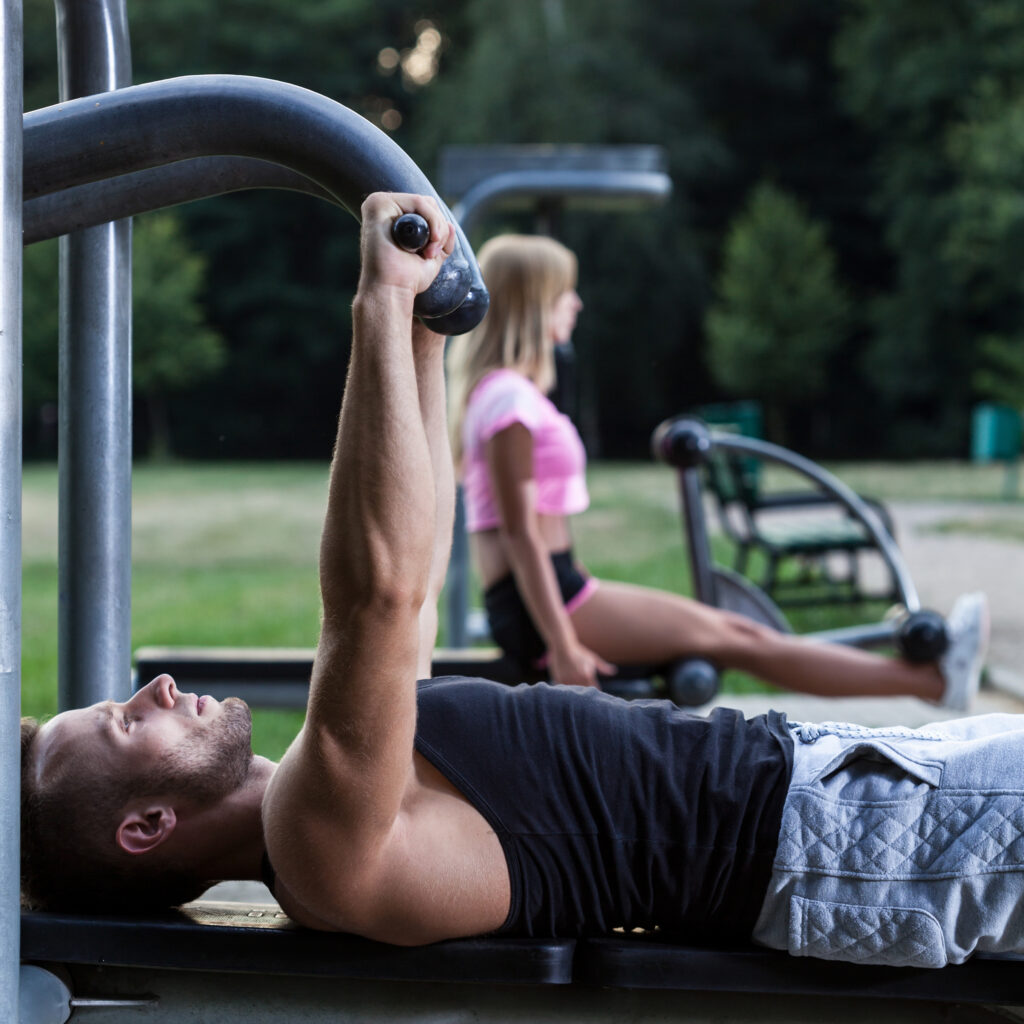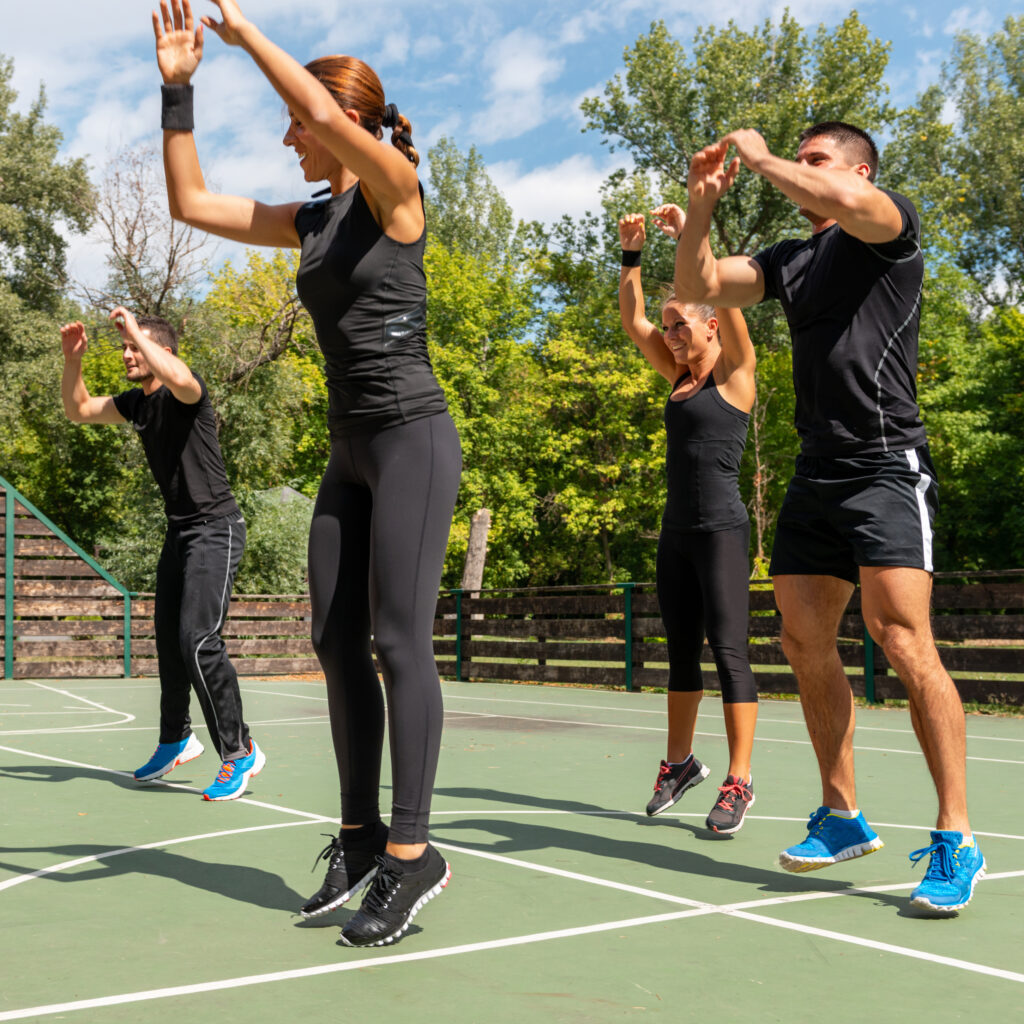Physical activity plays a crucial role in maintaining overall health and preventing a wide range of diseases. Regular exercise improves cardiovascular health, strengthens muscles and bones, enhances flexibility and balance, and supports mental wellbeing. In the UK, public health guidelines emphasise the importance of staying active throughout life, whether through structured gym sessions, home workouts, or recreational activities. Adapting fitness routines to individual lifestyles, abilities, and goals is essential for long-term success and injury prevention.
Exercise not only helps manage weight but also improves energy levels, boosts mood, and reduces the risk of chronic conditions such as type 2 diabetes, heart disease, and osteoporosis. The growing popularity of digital fitness platforms, wearable technology, and online workout classes has made it easier than ever for people in the UK to integrate physical activity into daily life. Additionally, understanding different types of exercise, effective training techniques, and recovery strategies ensures that fitness goals are achieved safely and sustainably. This section addresses common questions about fitness and exercise, offering practical guidance for beginners, enthusiasts, and anyone seeking to improve their physical and mental health through movement.

What Are The Best Exercises For Beginners To Get Fit At Home
For beginners, home workouts should focus on building strength, flexibility, and cardiovascular fitness without requiring specialised equipment. Bodyweight exercises such as squats, lunges, push-ups, planks, and glute bridges are effective starting points. Incorporating light resistance bands or dumbbells can gradually increase intensity. Short circuit routines combining strength and cardio movements enhance calorie burn and overall conditioning. It is important to prioritise proper form to reduce the risk of injury and to gradually increase duration and intensity over time. Online tutorials, mobile apps, and fitness videos provide guided routines suitable for beginners in the UK.

How Much Exercise Do Adults Really Need Each Week
UK public health guidelines recommend that adults aim for at least 150 minutes of moderate-intensity aerobic activity or 75 minutes of vigorous-intensity activity each week. This should be complemented by muscle-strengthening activities on two or more days per week. Moderate-intensity exercise includes brisk walking, cycling, or light jogging, while vigorous activities include running, swimming, or high-intensity interval training. Breaking exercise into shorter sessions of 10 to 15 minutes is also beneficial for those with busy schedules. Consistency and gradual progression are more important than occasional intense workouts.
What Are Effective Weight Loss Workouts That Actually Work
Effective workouts for weight loss combine cardiovascular exercise with resistance training. High-intensity interval training increases calorie burn both during and after exercise. Strength training preserves lean muscle mass, which improves metabolic rate and supports sustainable fat loss. Activities such as running, cycling, rowing, swimming, and circuit training are particularly effective. Mixing different types of exercise keeps routines engaging and reduces the risk of plateauing. Pairing workouts with a balanced diet and adequate sleep maximises results, making weight management achievable in a safe and realistic manner.

What Are The Most Popular Fitness Trends In The UK Right Now
Current fitness trends in the UK reflect a combination of technology, community engagement, and holistic approaches. Online workout classes, virtual personal training, and fitness apps have surged in popularity, allowing people to exercise from home. Boutique studios offering Pilates, yoga, HIIT, and functional training continue to attract attention, while outdoor activities such as running, cycling, and bootcamps provide opportunities to enjoy nature and social interaction. Wearable fitness trackers help monitor progress, and hybrid training programmes integrating strength, cardio, and mindfulness are increasingly common among health-conscious UK adults.

How Can I Improve My Stamina And Endurance Naturally
Improving stamina and endurance involves a combination of consistent aerobic exercise, strength training, and proper nutrition. Activities such as running, swimming, cycling, and brisk walking gradually strengthen the cardiovascular system. Interval training and progressive overload, where exercise intensity is increased over time, enhance endurance. Adequate hydration, a diet rich in complex carbohydrates and protein, and sufficient rest support recovery and performance. Mindful breathing techniques and meditation can also help regulate energy levels and sustain focus during prolonged physical activity.
What Is The Difference Between Strength Training And Cardio
Strength training focuses on building muscle mass, improving bone density, and increasing overall body strength. It typically involves resistance exercises using bodyweight, free weights, machines, or resistance bands. Cardio, or aerobic exercise, targets the cardiovascular system, improving heart and lung efficiency while burning calories. Activities include running, swimming, cycling, and dancing. While both forms of exercise improve fitness, combining strength training with cardio provides a comprehensive approach, supporting weight management, muscular endurance, and overall health.

How Can I Prevent Injuries When Starting A New Workout Routine
Preventing injuries requires careful planning, gradual progression, and attention to technique. Warming up before exercise increases blood flow and prepares muscles for activity, while cooling down and stretching afterwards aid recovery. Proper footwear, suitable exercise surfaces, and ergonomic equipment reduce strain on joints. Listening to the body, avoiding sudden increases in intensity or duration, and allowing adequate rest days are essential. Beginners should consider guided instruction through trainers, classes, or digital tutorials to ensure correct form and technique.

What Are The Best Post-Workout Recovery Methods
Recovery is crucial for optimising results and preventing overuse injuries. Effective post-workout strategies include active recovery, such as light walking or stretching, and static stretching to maintain flexibility. Hydration and nutrient-rich meals, particularly those containing protein and carbohydrates, support muscle repair and replenish energy stores. Adequate sleep enhances hormonal balance and tissue regeneration. Cold or contrast showers, foam rolling, and massage may also aid recovery, while listening to the body and avoiding overtraining is essential for long-term fitness sustainability.
How Does Exercise Support Mental Health And Mood
Exercise has well-documented benefits for mental health and mood. Physical activity stimulates the release of endorphins, dopamine, and serotonin, which are associated with happiness and reduced stress. Regular exercise can reduce symptoms of anxiety and depression, improve cognitive function, and enhance sleep quality. Activities such as walking, swimming, yoga, and team sports provide both physiological and social benefits, supporting emotional wellbeing. Mindful movement practices, such as yoga or tai chi, combine physical exercise with mental focus, amplifying the positive effects on mood and stress reduction.

What Are The Best Ways To Stay Active During Winter In The UK
Staying active during the colder months in the UK can be challenging but achievable with planning. Indoor options include home workouts, online exercise classes, gym sessions, and swimming pools. Layering appropriate clothing allows outdoor activities such as walking, running, cycling, or winter sports while minimising the risk of cold-related injury. Shorter daylight hours can be compensated for by morning or lunchtime exercise, and social activities such as group walks or classes increase motivation. Maintaining consistent activity levels during winter supports physical and mental health, preparing the body for spring and summer activity.